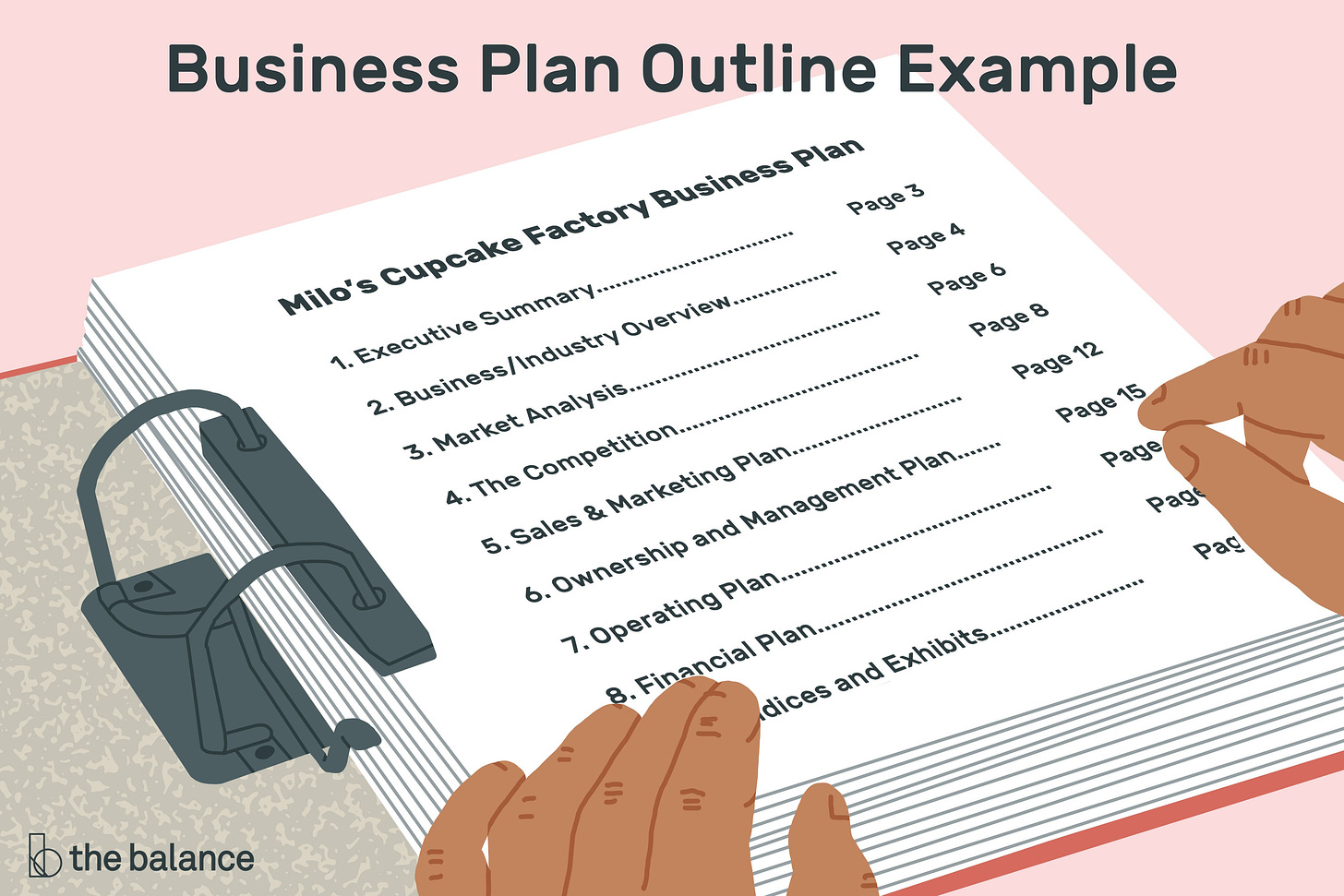The myth of the business plan
What did Bill Gates, Steve Jobs, and Mark Zuckerberg all have in common?
Yes, they were all highly successful start-up entrepreneurs. But they had something else more in common, which I'll mention later.
The formal business plan has been glorified by events like ‘entrepreneurship week’, ‘business plan competitions’, and ‘entrepreneurship awards’. Business schools have developed inspiring spiels about the importance of the business plan and make it the centerpiece of the courses they provide.
So, it's very apt to take some time and see if there is actually any value from doing up a formal business plan.
First let us think logically about a business plan. Formal business plans and forecasts do little to assist in the analysis of the viability any new ideas. A large amount of time spent analyzing the idea in depth will probably not shed much further understanding or reduce uncertainty about its potential success. Entrepreneurs can consider the probable customer perception of the value proposition and price-value relationships – which are purely subjective. These perceptions can be further tested as to how easily this value is perceived by potential customers through focus groups.
The longer it takes for individuals to perceive value, the more risk in the inherent opportunity.
After saying all that, forecasting the future, especially for a new idea, can be no more than a guess. Just see what I mean by trying next week to pick all the football game winners. See how many you get right. I believe you will get more wrong than right on average over the season.
So, what's the value of doing up a business plan then?
The formal process of doing a business plan makes you think of all the issues. Doing a business plan makes you think about what could happen and how you will attend to any potential challenges that may occur. It's an opportunity to consider the options and consequences about what you want to do in a particular business.
Consequently, unless you want a loan or going for some kind of business grant, which less than 4% of new entrepreneurs actually get; the business plan is something that could be much less formal that what business schools are teaching. For example, a mind map would suffice.
Probably the major criteria when you are looking at any opportunity is what we call the opportunity cost of investing time and resources into an idea. This means that you compare the cost of doing something rather than doing something else like working in a job for example. It's a relative comparison, not something arbitrary that you can actually measure, except in your own feelings about the idea you want to pursue, verses keeping the job you have, or working for someone else.
In the end, usually other factors such as being your own boss, being independent, and or doing something you really like will be major issues that influence you. Any formal business plan won't show this out. A business plan is usually only concerned about profits and losses and not personal satisfaction.
The only way I know how to understand the viability and risk of any opportunity, is to learn about it through doing. Ideas tend to be very mysterious until we actually pursue them by doing a business. Our willingness to continue experimenting through a business depends upon the personal motivation to continue, i.e., do I still feel that the idea is viable and worth my time and efforts?
If we followed our optimistic business plan, we would probably pack it in and close shop because we haven't met our financial objectives on time. Business plans can deceive and de-motivate us, as the reality of doing something is so much different than dreaming about it, which is what a business plan really is - a dream.
You learn to adapt when you start up a new business, personally growth within it, and acquire what skills you really need. Nobody can really accurately foresee these things when they are doing up a formal business plan. You may only decide to grow the business after you have confidence, or most likely you may end up doing something that you didn't quite plan at the beginning. For example, a good friend of mine, Professor Howard Frederick, an entrepreneurship professor in Australia started a chocolate business, but found it initially very difficult to sell his "up-market" chocolates around Melbourne. However, after adjusting his business model, Howard and his wonderful wife Hanna now have one of the most successful Hi-tea event businesses in and around Melbourne.
So, the moral to this story, is don't get hung up on doing a great looking formal business plan, unless you are going to see a bank or get a partner involved. Use your energy to develop that business model we have talked about previously and prepare to be flexible for the greatest chance of success.
Inside the tea room at Mamor Chocolates and High Tea Salon in Fitzroy Melbourne
And what did Bill Gates, Steve Jobs, Michael Dell, and Mark Zuckerberg all have in common? None of them had a formal business plan.
Originally published in Emigem Women’s Magazine, Kuala Lumpur 2nd December 2012
You can subscribe for free emails of future articles here:
RIP to a great friend of mine Professor Howard Frederick, who just recently passed away suddenly. He will remain an inspiration to many of his former students.







